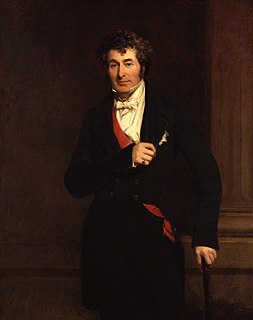A Quote by David Lodge
to read is to surrender oneself to an endless displacement of curiosity and desire from one sentence to another, from one action to another, from one level of a text to another. The text unveils itself before us, but never allows itself to be possessed; and instead of trying to possess it we should take pleasure in its teasing
Related Quotes
With Orff it is text, text, text - the music always subordinate. Not so with me. In 'Magnificat,' the text is important, but in some places I'm writing just music and not caring about text. Sometimes I'm using extremely complicated polyphony where the text is completely buried. So no, I am not another Orff, and I'm not primitive.
The discourse on the Text should itself be nothing other than text, research, textual activity, since the Text is that social space which leaves no language safe, outside, nor any subject of the enunciation in position as judge, master, analyst, confessor, decoder. The theory of the Text can coincide only with a practice of writing.
We must be forewarned that only rarely does a text easily lend itself to the reader's curiosity... the reading of a text is a transaction between the reader and the text, which mediates the encounter between the reader and writer. It is a composition between the reader and the writer in which the reader "rewrites" the text making a determined effort not to betray the author's spirit.
Here the only genuine conflict is between true believers. Of a given text in Holy Writ one faction may say this thing and another that, but both agree unreservedly that the text itself is impeccable, and neither in the midst of the most violent disputation would venture to accuse the other of doubt. To call a man a doubter in these parts is equal to accusing him of cannibalism. Even the infidel Scopes himself is not charged with any such infamy.
The good are like one another, and friends to one another; and ... the bad, as is often said of them, are never at unity with one another or with themselves, but are passionate and restless: and that which is at variance and enmity with itself is not likely to be in union or harmony with any other thing.


































